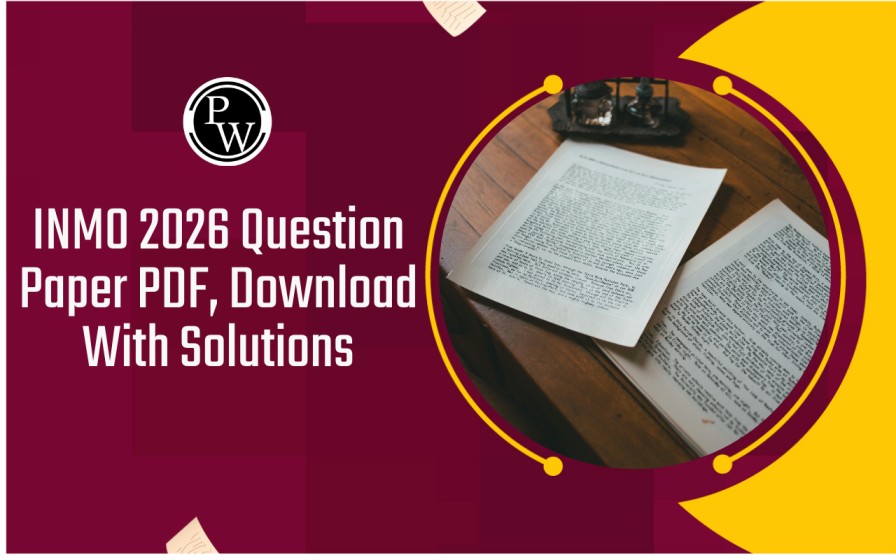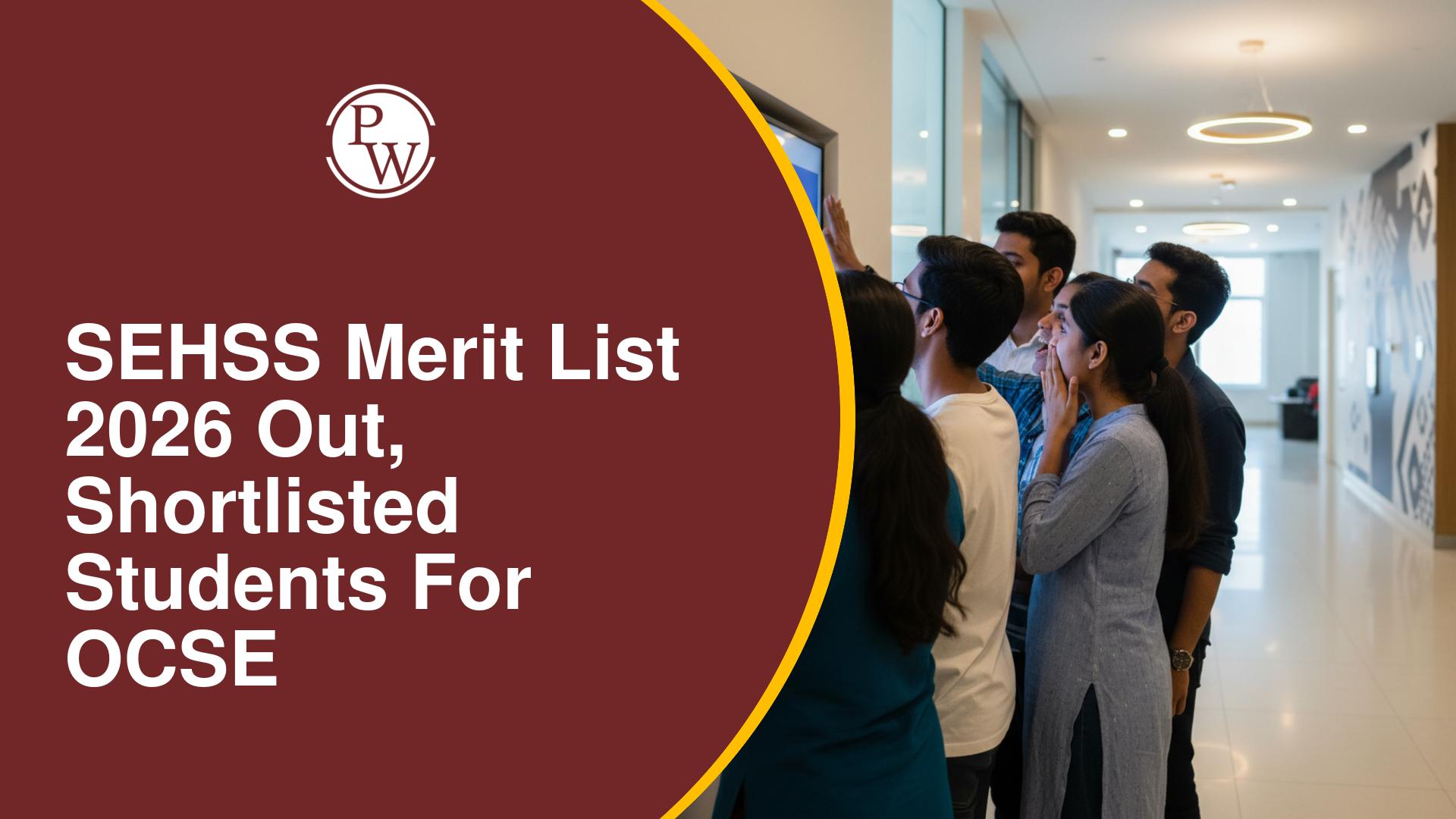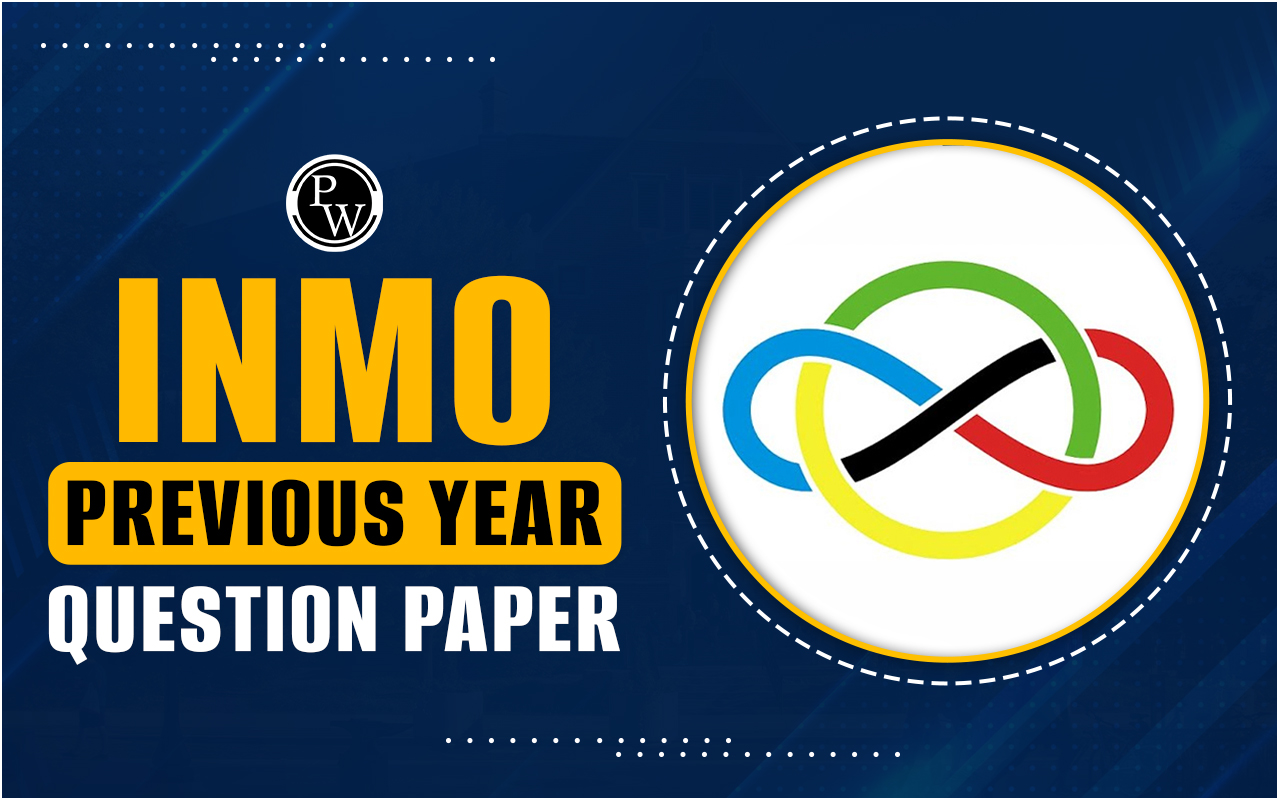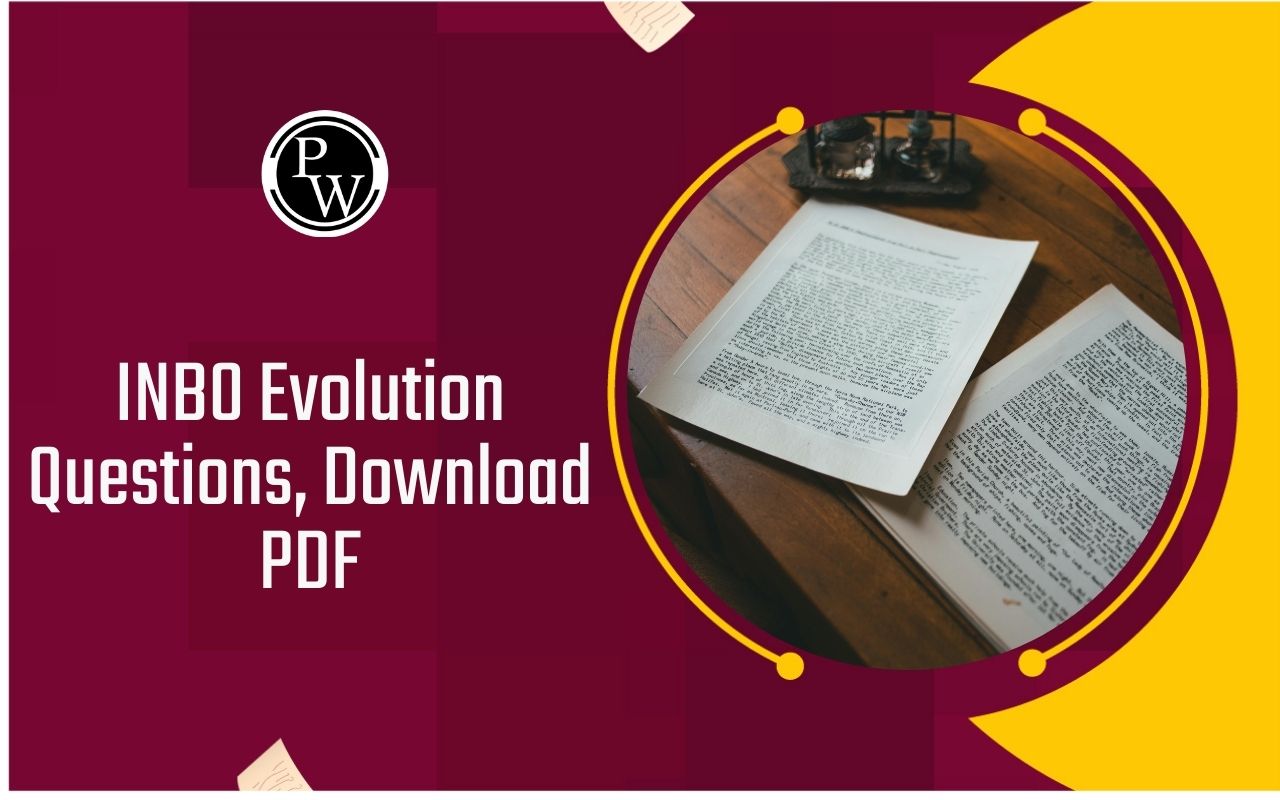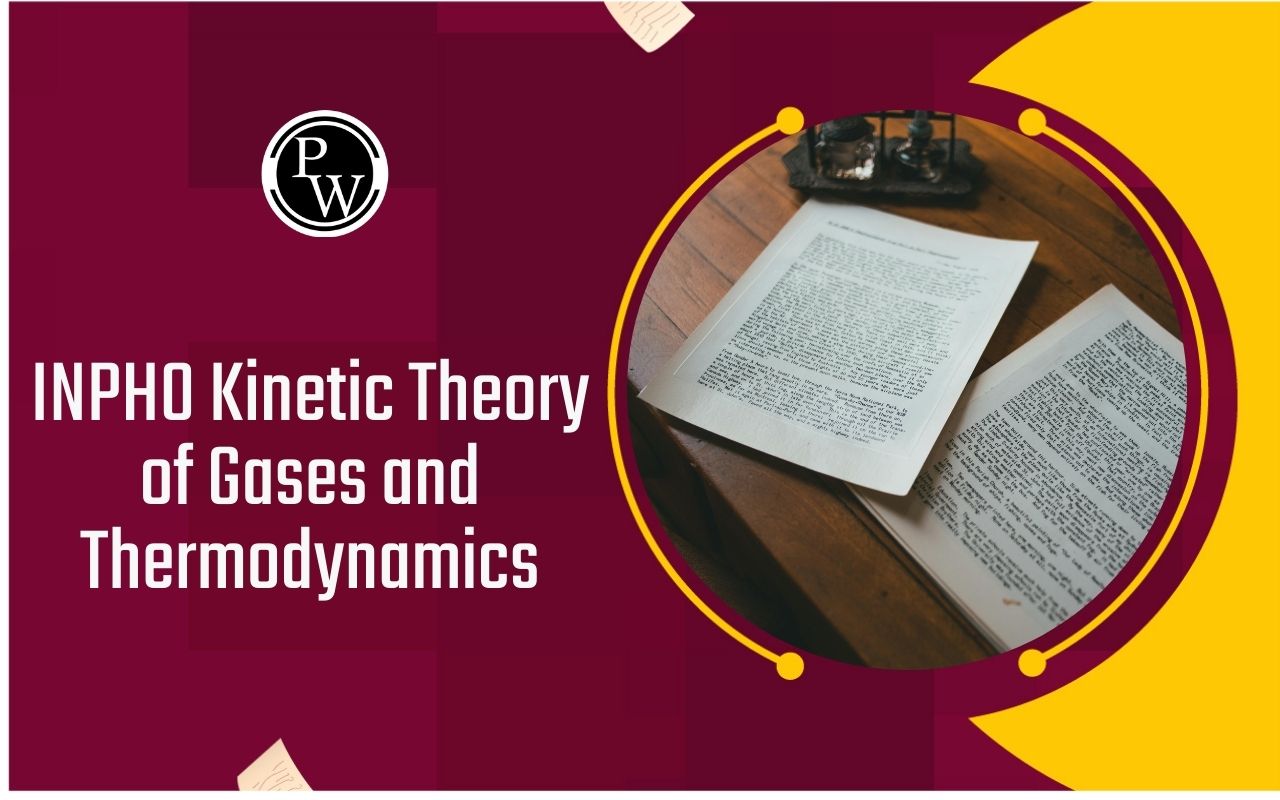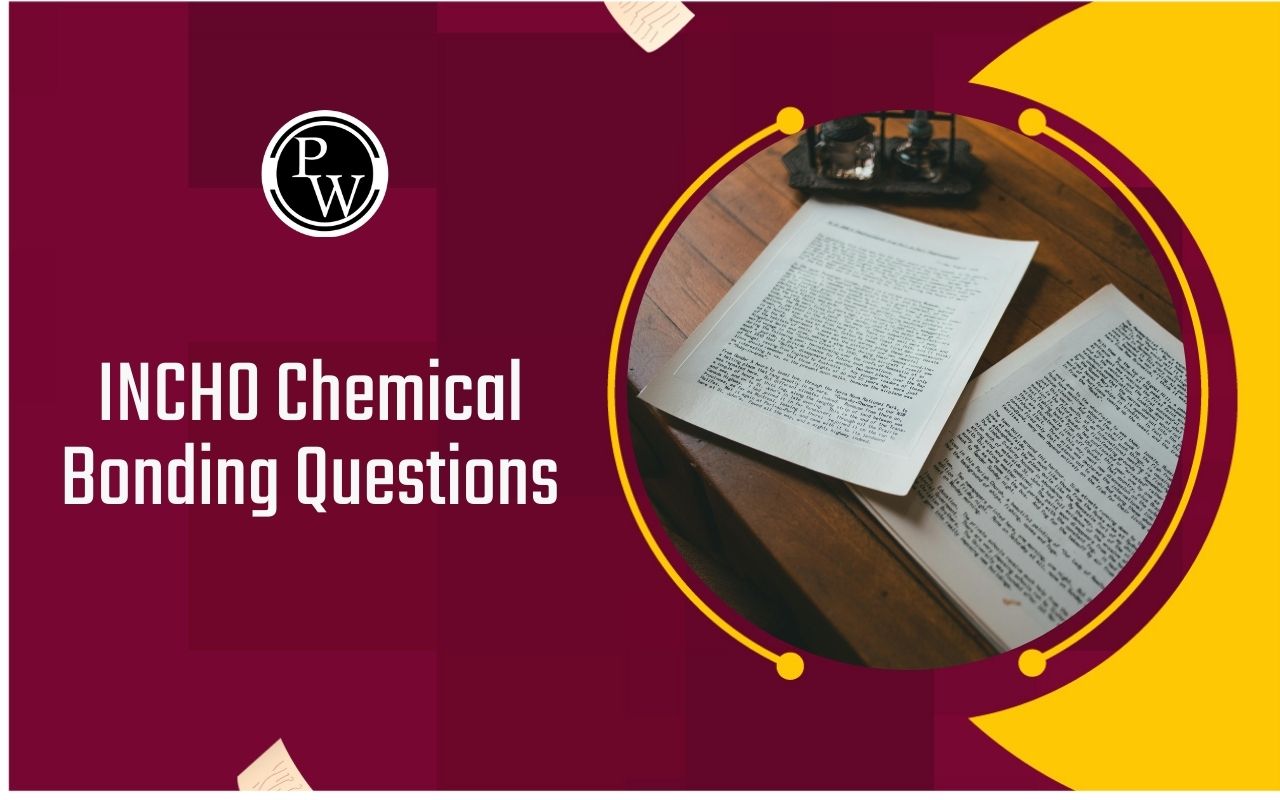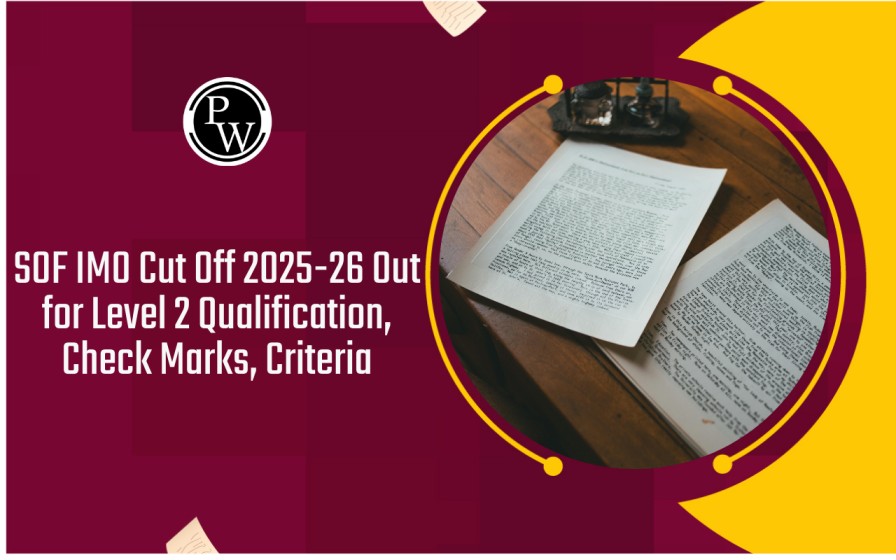
What is AIME 2025?
The American Invitational Mathematics Examination (AIME) is the second test in the sequence of exams designed to challenge talented students on the journey toward selecting the team that represents the United States at the International Mathematics Olympiad (IMO).
Students who achieve high scores on the AIME are invited to participate in the esteemed United States of America Mathematics Olympiad (USAMO) for qualification through the AMC 12 or the United States of America Junior Mathematical Olympiad (USAJMO) for qualification through the AMC 10.
The AIME is typically administered twice, with AIME I and AIME II offering alternative dates for students who miss the first test due to conflicts. AIME 2025 is organised by the Mathematical Association of America on 6th and 12th February 2025.
The MAA administers the AMC (American Mathematics Olympiad) series of contests in the United States, and oversees the selection of the USA team for the IMO.
Why is AIME important for Olympiad Aspirants?
The American Invitational Mathematics Examination (AIME) is important for Olympiad Aspirants in several aspects, some of them are discussed here.
-
Advancement of Test-Taking Skills: The American Invitational Mathematics Examination helps students develop several skills required during examinations like critical thinking under pressure, time management, and patience. These skills are beneficial not only for mathematics competitions but also for other standardized exams and in academics.
-
Pathway to International Mathematical Olympiad (IMO): The AIME is a key step in the selection process for the United States team that competes in the International Mathematical Olympiad (IMO). Students who perform well on the AIME are invited to participate in the United States of America Mathematics Olympiad (USAMO), which is the next stage in the selection process for the IMO team.
-
Academic Recognition and College Admissions: Participating in the AIME demonstrates academic excellence in mathematics, which can enhance college applications. A good performance can provide a competitive edge in the college admissions process.
-
Opportunities for Further Olympiad Competitions: Students who score high in the American Invitational Mathematics Examination are invited to participate in more prestigious competitions like the USAMO, which offers additional opportunities for growth and recognition in the mathematical community.
Step-by-Step Path: AMC to IMO
-
AMC 8, AMC 10, and AMC 12: Start your journey with the AMC 8 for a beginner's challenge or the AMC 10/AMC 12 for an opportunity to progress further in competitive mathematics. Enroll in the AMC and take the initial step.
-
American Invitational Mathematics Examination (AIME): Perform well in the AMC 10 or AMC 12 to qualify for the AIME, a more difficult exam that assesses your problem-solving skills and mathematical creativity.
-
USA Mathematical Olympiad and USA Junior Mathematical Olympiad (USAMO/USAJMO): Attain high results in the AIME and AMC 10/AMC 12 to receive an invitation to the USAMO or USAJMO, where the nation's finest mathematical talent competes in proof-oriented challenges.
-
Mathematical Olympiad Program (MOP): Exceptional achievement in the USAMO or USAJMO might result in participation in the MOP, an intensive training program aimed at preparing the most talented young mathematicians for global competition.
-
International Mathematical Olympiad (IMO): Succeed at the MOP to become a part of the elite squad representing the United States at the IMO, the apex of pre-college mathematics competition, where you will test yourself against the best in the world.
Related Links
AIME Eligibility 2025
To be eligible for the American Invitational Mathematics Examination (AIME), students must first excel in either the AMC 10 or AMC 12 competitions. Here are the specific eligibility criteria:
AMC 10 Eligibility
-
Students must score at least 120 points out of a possible 150.
-
Alternatively, they must rank in the top 2.5% of all AMC 10 participants13.
AMC 12 Eligibility
-
Students must achieve a score of at least 100 points out of a possible 150.
-
Alternatively, they must rank in the top 5% of all AMC 12 participants13.
Age and Enrollment Requirements
For AMC 10, students must be in grade 10 or below and under 17.5 years old on the day of the competition.
For AMC 12, students must be in grade 12 or below and under 19.5 years old on the day of the competition.
AIME Exam Pattern 2025
The AIME is a three-hour exam consisting of 15 questions that is taken by high scorers in the AMC 10, AMC 12, and USAMTS competitions. Each response must be an integer ranging from 000 to 999, inclusive, making guessing nearly pointless.
Incorrect answers earn no credit, whereas correct answers credits one point, resulting in a maximum possible score of 15. The problems usually escalate in difficulty as the exam moves forward - the initial questions are typically at the AMC 12 level, while the later questions become exceedingly challenging by comparison. Using calculators is prohibited.
|
AIME Exam Pattern 2025 |
|
|
Parameters |
Details |
|
Format |
The AIME consists of 15 questions to be completed within 3 hours. Each answer must be an integer between 0 and 999, inclusive. |
|
Difficulty Level |
The questions increase in difficulty as the exam progresses. The first few questions are generally at the AMC 12 level, while later questions are significantly more challenging. |
|
Marking Scheme |
Each correct answer earns 1 point, with no penalty for incorrect answers. The maximum score is 15 points. |
|
Tools Allowed |
Calculators are not permitted. Students can use pencils, erasers, rulers, and compasses. |
AIME Syllabus 2025
The topics covered in the AIME Syllabus 2025 often require preparation beyond typical high school mathematics courses, as many concepts are not directly covered in standard curriculum. Here are the topics included in American Invitational Mathematics Examination Syllabus
-
Algebra: Includes polynomials, sequences, series, and complex numbers. Specific topics may involve the binomial theorem, conjugate roots, symmetric polynomials, Vieta’s formulas, and polynomial long division.
-
Geometry: Covers various geometric concepts, including properties of quadrilaterals, circles, triangles, and trigonometric functions.
-
Combinatorics (Counting and Probability): Involves constructive counting, combinations, permutations, stars and bars, and other combinatorial techniques.
-
Number Theory: Includes number bases, prime factorization, divisors, and Diophantine equations.
-
Probability: Though not always explicitly listed, probability concepts are often integrated into combinatorics and other areas.
AIME Problems and Solution
To prepare effectively, it is recommended to practice with AIME Previous Year Problems and Solution under timed conditions and explore various solution strategies for each problem.
A comprehensive collection of AIME problems and solutions from past years can be accessed from the link below. You can find detailed solutions and discussions for each problem, which are invaluable for AIME preparation.
AIME Problem and Solution Link
How to Prepare for AIME 2025?
Preparing for AIME 2025 requires a structured approach that includes understanding the syllabus, creating a study plan, practicing with previous year AIME Problems and Solution, and seeking guidance when needed. Here are some key strategies to help you prepare effectively.
Comprehensive Understanding of the AIME Syllabus
Familiarize yourself with the AIME syllabus to know the topics to be covered which includes Algebra, Geometry, Combinatorics, Number Theory, Probability. Create a study plan based on the syllabus to ensure you cover all areas.
Create a Study Schedule
Allocate specific time each day for studying and practicing topic-wise. Ensure your Study schedule allows for regular revision and practice which is essential to grasp the topics covered.
Practice with Previous Year AIME Problems
Practice the previous year AIME Problems to understand the exam pattern and difficulty level and analyse your performance by going through the solutions. Solve previous year questions asked regularly to improve problem-solving skills and time management.
Focus on Conceptual Understanding
Instead of rote learning, focus on understanding the concepts, basics and principles. This will help in answering complex questions and applying knowledge to real-world scenarios. Study advanced mathematical concepts and practice applying them to problems.
Seek Guidance from Mentors
Consider seeking guidance from experienced mathematicians or teachers. Review your mistakes thoroughly to understand where you went wrong. Strengthen your skills in Algebra, Geometry, Number Theory, and Combinatorics.
AIME 2025 FAQ
Q1. Who administers the AIME 2025?
Q2. What is the date for the American Invitational Mathematics Examination 2025?
Q3. Who is eligible for AIME 2025?
Q4. What is the format for the AIME Examination?
Q5. What is the Syllabus for American Invitational Mathematics Examination?


